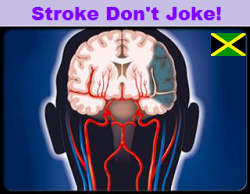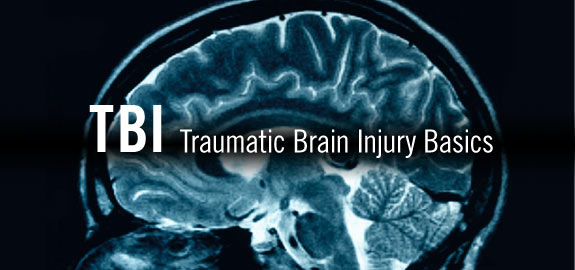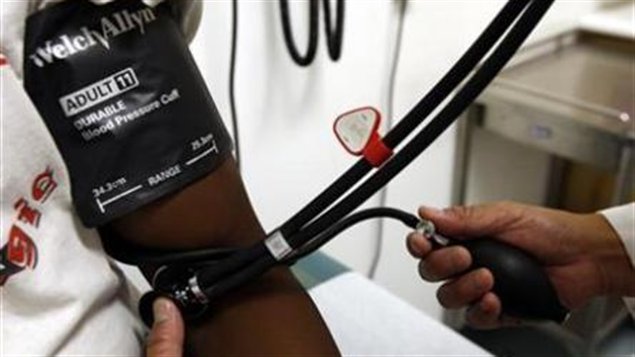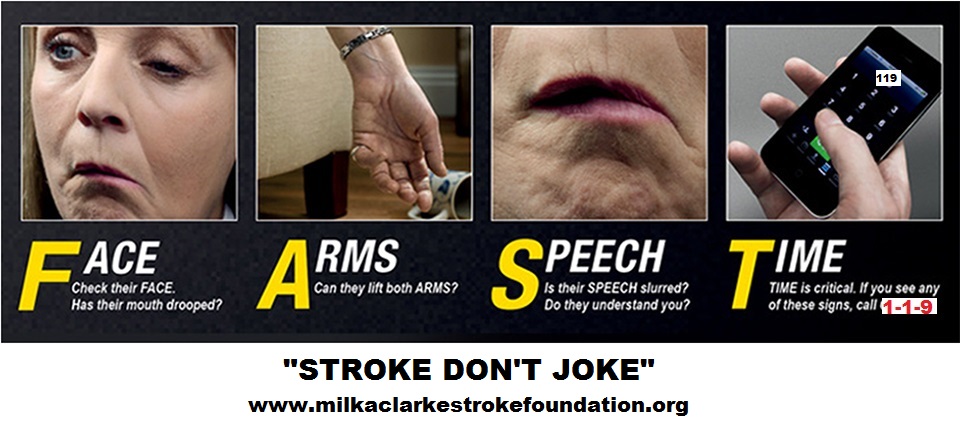Prevent driving by keeping your loved one’s car keys in a secure place.
Discourage Driving
Driving is often not safe for a person with dementia. It may even be illegal. Ask the doctor whether it’s safe for your loved one to drive. If safety is in question, use these tips to prevent him or her from getting behind the wheel:
- Limit access to the car. Keep the keys with you or lock them away.
- Ask an authority figure, such as a doctor or insurance agent, to tell your loved one not to drive.
- Ask your doctor about contacting the Department of Motor Vehicles.
Watch for Wandering
People with dementia may wander away from the house and get lost. To keep your loved one safer, try these tips:
- Have your loved one wear an ID bracelet at all times.
- For Jamaicans with resident love ones with dementia, You can also enroll your loved one in the Alzheimer’s Association’s “Safe Return” program.
- Install door chimes so you know when exterior doors are being opened.
- Ask neighbors to call you if they see your loved one out alone.
- Go with your loved one if he or she insists on leaving the house. Don’t argue or yell. Instead, use distraction or gentle hints to get him or her to return home.
Make Living Spaces Safe
Keep your loved one safe by simplifying his or her living space. This means reducing clutter and removing hazards. You may also want to get advice from an occupational therapist (home safety expert). Keep in mind that some changes may not be needed right away. Focus on major safety concerns first.
In Living Spaces
Suggested safety steps include:
- Install smoke alarms and nightlights.
- Display emergency numbers and the home address near all phones.
- Install an answering machine so important messages aren’t missed.
- Reduce tripping hazards. Move electrical and phone cords out of the way. Place colored tape on the edges of steps.
Suggested safety steps include:
- Store hair dryers, razors, and curling irons in a secure area.
- Remove poisons, such as drain cleaner and nail polish remover.
- Keep medications in a secure area, not in the medicine cabinet.
- Remove inside door locks so your loved one doesn’t get locked inside.
In the Kitchen
Suggested safety steps include:
- Unplug toasters and other appliances when not in use.
- Limit access to alcoholic beverages. These can make symptoms much worse.
- Remove or cover knobs on stoves and other appliances.
- Check food for spoilage. Your loved one may not know when food has gone bad.
Other Areas of the Home
Suggested safety steps include:
- Lock up hazardous substances, such as bleach, pesticides, and paint thinners.
- Keep pool or hot tub areas closed off.
- Set the hot water heater below 120°F (48.8°C).
-
- Keep a spare key outside the house in case your loved one locks you out.
- Place alarms on all doors and windows that will sound if the doors are opened.
- Place a "Stop" sign on doors to the outside.
- Keep car keys out of sight.
Prevent Fraud
People with dementia may be easy prey for dishonest salespeople or money scams. Even though you live in Jamaica you may have family members in the USA or England and other countries that you are now a caregiver for. Your role is to keep them protected per the norm in the culture where they reside.
For US residents, try placing a “No Solicitations” sign on your loved one’s front door. Add his or her phone number to the Federal Trade Commission’s “Do Not Call” list (888-382-1222). You should also limit access to credit cards and cash. You may need to get a legal power of Attorney. Have a discussion with the Case Manager or Social Worker.
You know what to do in Jamaica! Just make sure your loved one won't be exploited and give away money or household items. Don't be afraid to call the police for anyone who intentionally exploits the sick, disabled or elderly.
Can My Loved One Live Alone?
Early on, people with dementia can often handle daily tasks with little or no help. At some point, though, it will no longer be safe for them to be on their own. The timing for this is different for each person. But problems such as forgetting to eat, bathe, or take medications can all be signs that more supervision is needed. If you have concerns, be sure to talk with your loved one’s doctor. Whatever decisions you make, PLEASE at least tell your loved one what you are doing. Even though they may have dementia, they still need respect and consideration.

 RSS Feed
RSS Feed









